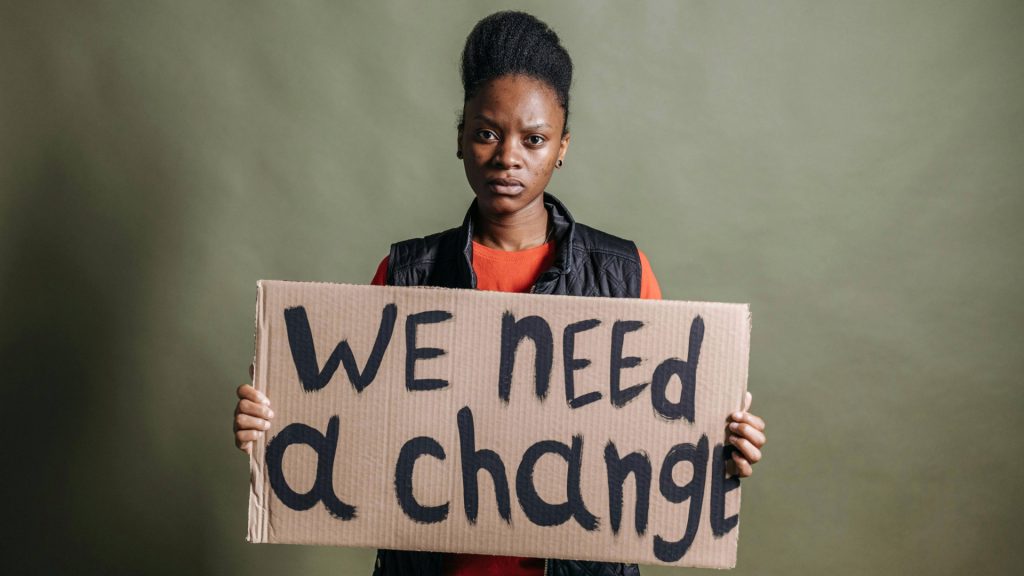West Virginia’s Republican Governor, Jim Justice, signed a new law on Friday criminalizing certain sexual assaults committed against one’s spouse. Marriage can no longer be held as a defense in cases of 1st and 3rd degree sexual assault.
This is a revolutionary move that seeks to safeguard the interests of vulnerable populations.
History of Sexual Assault Laws
Before 1976, an individual could not even be prosecuted for penetrative rape if they were married to the person.

That law was changed with the efforts of Judith Herndon who was a Republican senator at the time. She was also the only woman on the legislative panel at the time.
State Code Outlines Two Types of Sexual Violence
Brooke county GOP Senator, Ryan Weld, is the sponsor of the bill. He explained that the state recognizes two categories of sexual violence. The first one is rape through penetration.

The second type of sexual violence involves forcibly touching another person’s reproductive organs, buttocks, breasts, or anus.
The Difference Between Sexual Assault and Sexual Abuse
West Virginia law makes a clear distinction between the two type of sexual violence classifying them as sexual assault and sexual abuse respectively.

The law says, “Sexual assault and sexual abuse are the two major classifications of sex offenses in West Virginia. Sexual abuse occurs when a person subjects another person to sexual contact without their consent, and that lack of consent is due to physical force, threat or intimidation. Sexual assault is sexual intercourse or sexual intrusion without consent.”
Weld is Carrying on the Work of Herndon
Weld said he has been determined to introduce the bill because he wants to honor Herndon’s legacy by continuing her work.

Weld said, “This is carrying on what I believe to be an unfinished job that she was not able to get done before she unfortunately died in 1980.”
Marital Exemption No Longer Applies to The Second Type of Sexual Violence
Previously sexual abuse was not considered an offense if such sexually violent acts had been committed within the institution of marriage.

Even after getting separated, the victim couldn’t file charges against the perpetrator.
The Bill Has Been in The Making for a Long Time
According to West Virginia Watch, the bill has been in the making for almost 50 years. Senate Bill 190 passed the House unanimously. Only one member was absent at the time of voting.

On February 26, 2024, the bill passed the Senate with a vote of 22-9.
The Exemption Was Also Applicable to Couples Living Together
The proposed legislation is going to come into effect unless the Governor uses his veto power to block or reject it.

To enact the legislation, the state would modify the language used in the sexual offense statute which currently allows exemption from prosecution if two people are married or “living together as husband and wife regardless of the legal status of their relationship.”
Serious Penalties for Sexual Offense Crimes
Individuals found guilty of sexual assault will face felony charges and can be subjected to imprisonment for anywhere from 15 to 35 years. For 3rd degree cases of sexual violence, the penalty includes one to five years of imprisonment.

The imposed penalties are far more severe in cases where the victim is underage.
Legal Definition of First Degree Sexual Assault
According to West Virginia law, a person is considered to be guilty of first degree sexual assault when “The person engages in sexual intercourse or sexual intrusion with another person and in so doing inflicts serious bodily injury upon anyone or employs a deadly weapon in the commission of the act.”

First degree sexual assault charges can also be fined when, “The person, being 14 years old or more, engages in sexual intercourse or sexual intrusion with another person who is younger than 12 years old and is not married to that person.”
Legal Definition of Third Degree Sexual Assault
According to West Virginia law, a person is considered to be guilty of third degree sexual assault when “The person engages in sexual intercourse or sexual intrusion with another person who is mentally defective or mentally incapacitated.”

Third degree sexual assault charges can also be fined when “The person, being 16 years old or more, engages in sexual intercourse or sexual intrusion with another person who is less than 16 years old and who is at least 4 years younger than the defendant and is not married to the defendant.”
Complicated Legal Landscape
Laws around sexual violence have long been a subject of great debate. In many states, children are allowed to get married at a much younger age than what is regarded as the legal age for consensual sex.

In such situations, sex between a married couple can fall under the purview of sexual offense.
The Idea of Permanent and Irrevocable Consent
Sexual violence within the institution of marriage was long regarded as a private problem not worthy of a public discussion or hearing.

The idea that marriage comes with permanent irrevocable consent is still extremely pervasive.
Controlling the Woman’s Body is a Foundational Principle of Patriarchy
The subject of sexual violence in marriage cannot be separated from the fact that women have long been objectified in patriarchal societies across the world.

Patriarchy seeks to control every aspect of a woman’s life and body. This is why it has taken so long for countries to even start having discussions about sexual violence in marriage.
Marital Rape is Condoned in Many Countries
Marital rape continues to be global issue. Most countries don’t have laws protecting victims against sexual violence in marriage.

Surveys conducted in the U.S. also revealed that the vast majority of Americans don’t consider sexual violence to be a serious offense when perpetrate within marriage. Such crimes are taken more seriously when the victim is a stranger or acquaintance.






